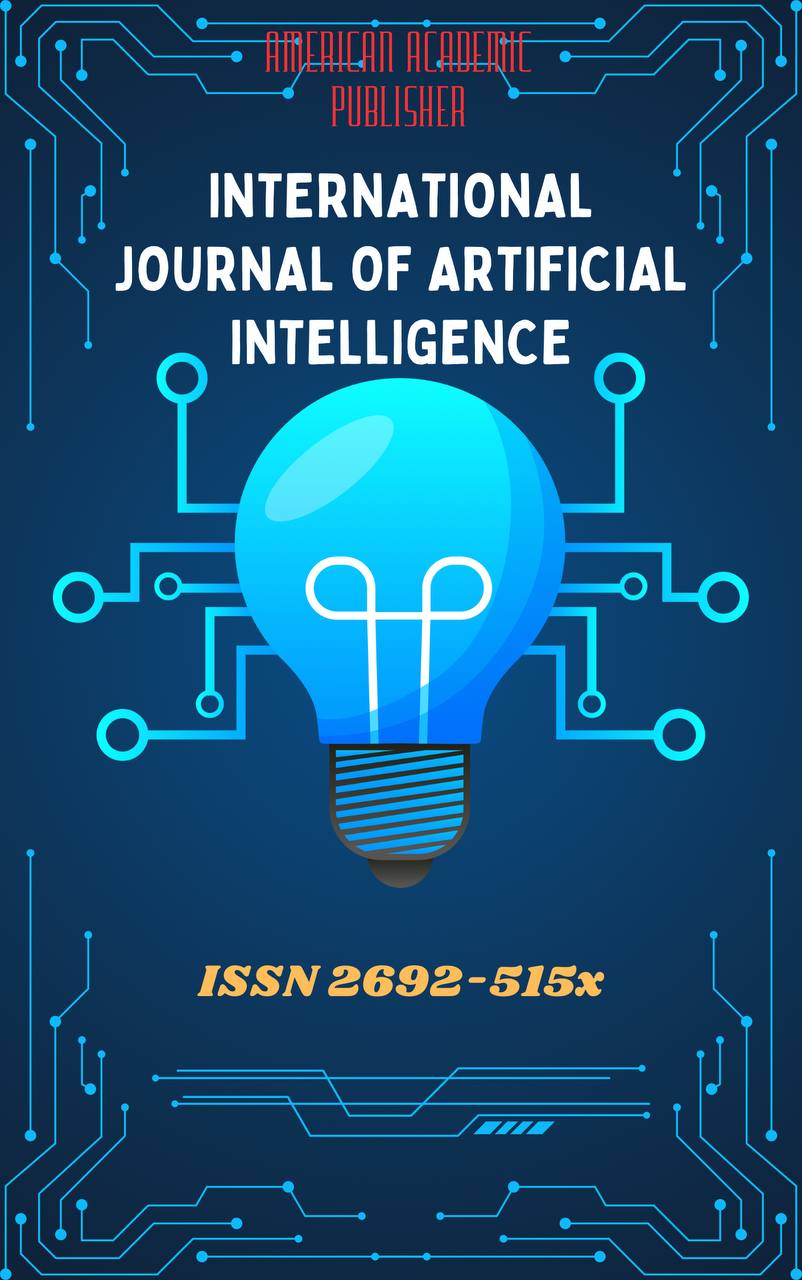 Articles
| Open Access |
Articles
| Open Access | THE USE OF ARTIFICIAL INTELLIGENCE IN THE JUDICIAL SYSTEM: JUSTICE AND LEGAL GUARANTEES
Javokhir Eshonqulov,Durdona Muzaffarova , Lecturer оf Cyber Lаw Depаrtment,Tаshkent Stаte University оf lаw,Uzbekistan/The faculty of international law and comparative legislationAbstract
This article explores the growing integration of Artificial Intelligence (AI) in the judicial system, examining both the positive and negative implications of AI’s role in legal decision-making. It discusses the transformative potential of AI in streamlining case management, increasing efficiency, and reducing human biases, referencing examples from countries like India, China, and Colombia. However, the article also raises significant concerns about AI’s ability to accurately interpret the law, maintain judicial independence, and be held accountable for its actions. The article advocates for using AI as an assistive tool rather than a substitute for human decision-making in the judiciary, emphasizing the importance of human oversight to ensure fair and ethical legal processes. It concludes that while AI can aid in administrative and procedural tasks, the ultimate responsibility for legal judgments should remain with human judges.
Keywords
Artificial intelligence, judicial system, legal decision-making, technology in law, AI ethics, Court efficiency, legal precedents, judicial independence, accountability in AI, AI in Colombia, AI in India, legal transparency, technology and justice.
References
Eshonkulov J. (2025). The Role of Smart Contracts in Civil Law and Issues of Legal Regulation. Uzbek Journal of Law and Digital Policy, 3(1), 104–111. https://doi.org/10.59022/ujldp.294
Eshonkulov, J. (2024). Legal foundations for the application of artificial intelligence Technologies in the Sports Industry. American Journal of Education and Evaluation Studies, 1(7), 240-247. https://semantjournals.org/index.php/AJEES/article/view/320/287
APnews (2023). Lawyers submitted bogus case law created by ChatGPT. A judge fined them $5,000.
PIB Delhi. Ministry of Law and Justice (2025). Digital Transformation of Justice: Integrating AI in India’s Judiciary and Law Enforcement.
https://pib.gov.in/PressReleseDetailm.aspx?PRID=2106239®=3&lang=1
UNESCO (2025). Justice meets innovation: Colombia’s groundbreaking AI guidelines for courts.
Lorenzo Villegas-Carrasquilla, Mariana Jaramillo, LL.M. (2024) The Constitutional Court of Colombia pronounces on the use of generative artificial intelligence tools in judicial tutela proceedings.
N.Gary Holten, Lawson L.Lamar. The Criminal Courts: structures, personnel and processes (1991) – 57 page.
A.S.Muller, D.Raic and J.M.Thuranszky. The International Court of Justice. (1990)- 3 page.
Article Statistics
Downloads
Copyright License

This work is licensed under a Creative Commons Attribution 4.0 International License.

